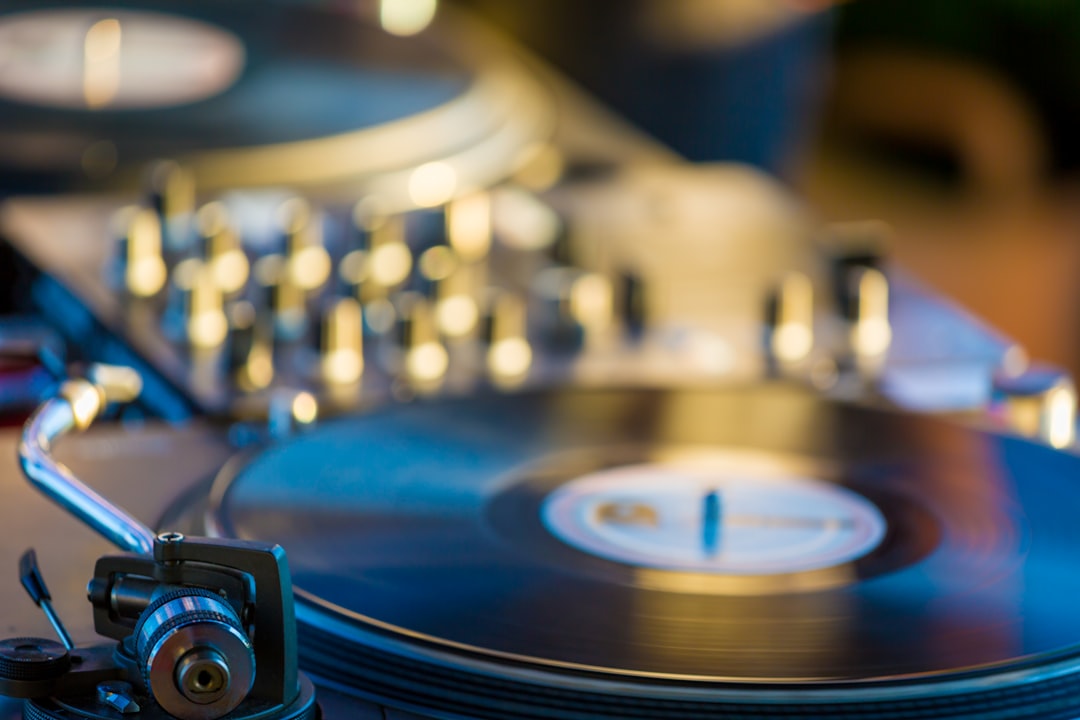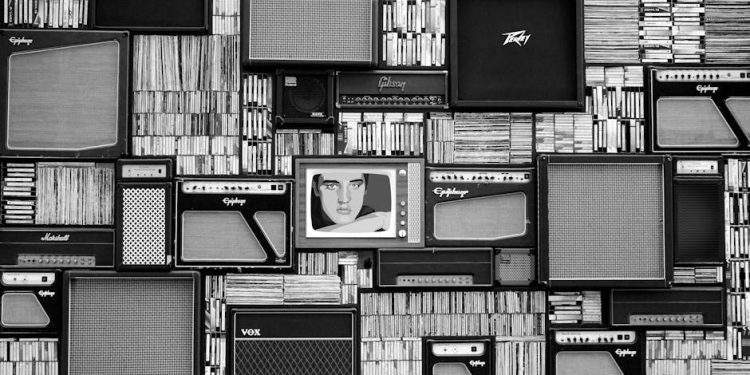No products in the cart.
Music Industry Calls for Legislative Action Against AI Copyright Violations
The music industry is pressing for legislative action to address unauthorized uses of their works by generative AI, highlighting significant copyright concerns.
London, United Kingdom — The music industry is intensifying its call for legislative action to combat the unauthorized use of copyrighted works by generative AI technologies. This plea comes as artists and music producers express growing concerns about the implications of AI on their rights and livelihoods.
In a recent meeting with Members of Parliament (MPs), industry representatives outlined the challenges posed by AI-generated content, which can replicate and manipulate existing music without proper licensing. This has sparked fears that the integrity of artistic creation is under threat, as AI tools like OpenAI’s Jukebox and Google’s MusicLM become more sophisticated and accessible.

The conversation around AI and copyright has gained momentum, particularly as AI-generated music begins to enter mainstream platforms. According to a report from the International Federation of the Phonographic Industry (IFPI), approximately 30% of consumers are now familiar with AI-generated music, a significant increase from previous years. This trend highlights the urgency for legal frameworks that can adequately address the complexities of intellectual property in the digital age.
Industry stakeholders argue that current copyright laws, established long before the advent of AI, are ill-equipped to handle the nuances of machine-generated music. The UK Copyright, Designs and Patents Act of 1988, for example, does not specifically address the challenges posed by AI technologies, leaving artists vulnerable to exploitation.
This trend highlights the urgency for legal frameworks that can adequately address the complexities of intellectual property in the digital age.
Many artists feel that their creative efforts are being undermined. Singer-songwriter Ed Sheeran has voiced concerns over AI-generated songs that mimic his style, stating, “It is deeply unsettling to see technology reproduce my work without consent or compensation.” This sentiment resonates with many in the industry who fear that the proliferation of AI tools could lead to a devaluation of genuine artistic expression.
Furthermore, the rise of AI in music creation has implications beyond copyright infringement. It raises questions about the authenticity of music itself. Fans often connect with artists on a personal level, sharing stories and experiences that resonate with their work. If AI-generated music becomes ubiquitous, will listeners still value the human touch that defines true artistry?
In response to these challenges, the UK Music Industry has proposed several measures aimed at safeguarding artists’ rights. These include calls for a new regulatory framework that explicitly addresses AI’s role in music production and distribution. Additionally, they advocate for clear guidelines on licensing and compensation for artists whose works are used in training AI systems.
Legislators are beginning to take notice. The UK government has established a task force to explore the implications of AI across various sectors, including music. This initiative aims to gather insights from industry experts and stakeholders to inform potential policy changes. However, critics argue that the pace of legislative action is too slow, especially given the rapid advancements in AI technology.
Internationally, the conversation is similarly urgent. In the United States, the Copyright Office has been conducting studies on the impact of AI on copyright law. A recent report highlighted the need for a reevaluation of existing laws to accommodate the unique challenges posed by AI-generated content. As countries grapple with these issues, the potential for a fragmented legal landscape looms, which could create further complications for artists working across borders.
For many artists, the stakes are high. The music industry is an ecosystem that thrives on creativity and originality. If AI-generated music continues to proliferate without adequate protections, we risk losing the very essence of what makes music meaningful.
These include calls for a new regulatory framework that explicitly addresses AI’s role in music production and distribution.
As the debate unfolds, the future of music may hinge on the ability of legislators to balance innovation with the protection of artistic rights. The challenge will be to create a framework that fosters creativity while ensuring that artists are fairly compensated for their work. This will require collaboration between technologists, lawmakers, and artists alike.
Moving forward, the music industry must remain vigilant in advocating for its rights amid the evolving landscape of AI technology. The need for a robust legal framework is not just a matter of protecting individual artists; it is about preserving the cultural heritage that music represents. If the industry can successfully navigate these challenges, it may emerge stronger, with a renewed commitment to creativity and innovation.











